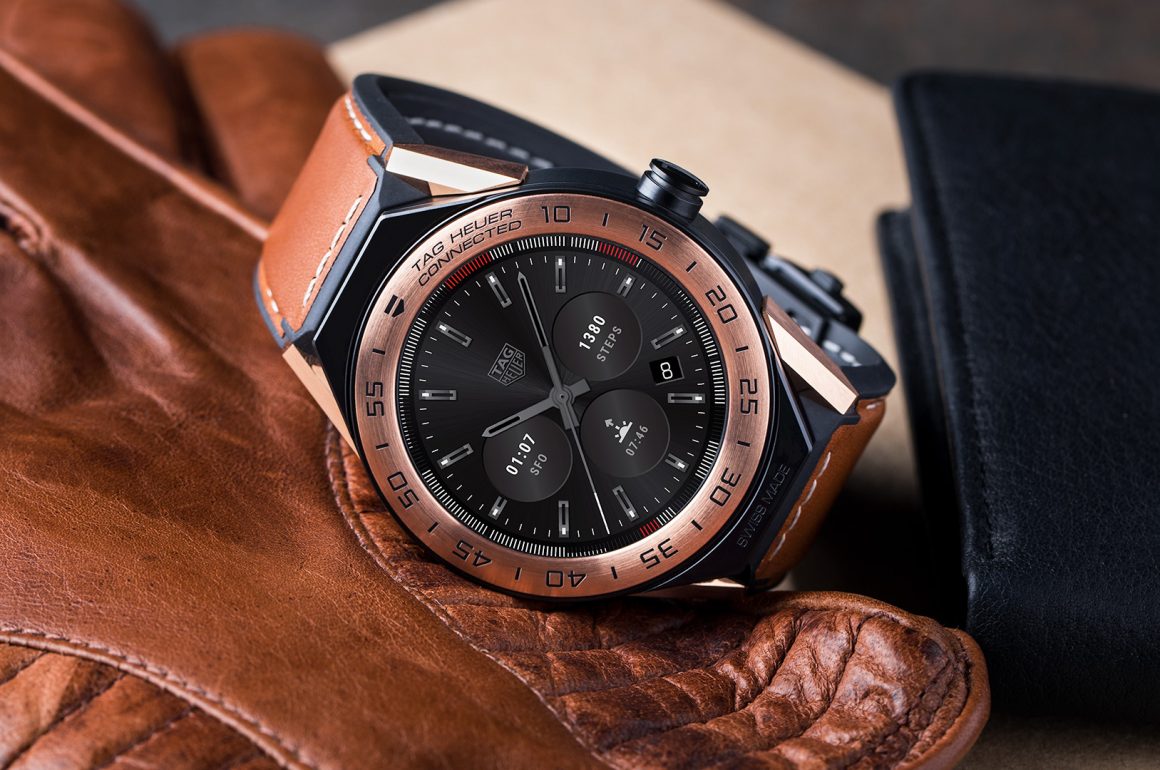[vc_row njt-role-user-roles=”administrator,armember”][vc_column][vc_column_text]
The watch industry is going through a very complicated period. In order to take stock of the situation, the firm Deloitte conducted a study among the various bosses and executives in the watchmaking world. Between the health crisis, the growing popularity of connected watches, the strong decline in travel retail and the interest in second-hand watches, the watchmaking world is currently undergoing one of the worst crises in its history. Deloitte experts are studying this phenomenon through a striking report.
Beyond the pandemic that is shaking the world, many factors are worrying watchmakers. The latest layoffs at Ulysse Nardin and Girard-Perregaux, of the Kering group, or at Bücherer attest to the brutal and severe nature of the economic crisis that is shaking the sector as a whole.
The study in question, reported by Deloitte specialists on Monday, October 26, takes stock of the current situation and analyzes future prospects for the watch industry. The health crisis has had a major impact on the watch market this year. Other events also led to a deterioration in sales, such as the rather tense political situation in Hong Kong and the anti-racist “Black Lives Matters” movement in the United States.
The figures for exports are unprecedented: the volume decreased significantly, with -40% for the first nine months of the year. The market value, on the other hand, fell by 28% for the period January-September 2020, compared to the year 2019. However, these data highlight the fact that customers have tended to move towards luxury products.
“This segment [of high-end watchmaking] experienced the crisis better because watches represent solid values. Consumers will turn more to well-known and established products in this period,” explains Karine Szegedi, consumer practices expert for Deloitte.
Watchmaking is adapting and going digital
The study particularly analyzes the digital adaptations of watchmakers. In these times of health crisis, and because of the containment that is (re)establishing itself in many countries, Patek Philippe has authorized some of its retailers to sell its watches online. The Piaget and IWC groups have offered their customers digital and augmented reality experiences, and the OMEGA group has launched its own online sales site, currently only available in the United States and the United Kingdom. The Breitling Group has chosen to present its 2020 collection through a videoconference. Faced with these elements, we can see that the health crisis is pushing the various players in the watchmaking industry to move towards digital offerings, to make up for the lack of sales in stores.
The Chinese market, a bulwark against the crisis
In this difficult context, the Chinese market is emerging as a bulwark for the luxury watchmaking sector. For years, the watch market in China has been very flourishing, but the economic crisis linked to Covid-19 is causing a vast change in the consumption model all over the world https://rankhaya.com/ไวอากร้าสำหรับผู้หญิง-female-via/. Travel retail concerns purchases in transit places, such as airports, as well as purchases in travel destinations and is a very common practice for many Chinese customers. Travel retail has also been strongly impacted by the health situation and the hopes of the watch industry are now turning to the Chinese market.
Specialist Karine Szegedi justifies the popularity of travel retail: “There was a question of price, the assurance that the watches were not copies and the souvenir aspect“.
The rise of the second-hand watch market
The second-hand market is also gaining in popularity. More than one in five people say they are ready to buy a second-hand watch in the next twelve months. “Before we didn’t talk about it, it was a confidential market,” says Karine Szegedi. “It is based on the value of the watch, in contrast to the primary market based on the selling price,” says Patrik Hoffmann, CEO of WatchBox. His company is one of the major players in the second-hand watch market, just like Watchfinder or Bücherer. More people, especially young customers, are tending to turn to the second-hand market with a view to sustainability and lower costs.
Connected watches as an obstacle in the watch industry
In addition, interest in connected watches is growing every day, and in 2019, the Apple Watch sold more than 30.7 million units worldwide. In order to better interpret these figures, the Deloitte study notes that the Swiss watch industry delivered a total of 20.6 million watches for the same period. This fierce competition mainly affects mid-range watches. While 62% of the watchmakers surveyed believe that Switzerland has not anticipated the size of the market for connected watches in time (compared to 14% in the 2017 study), the experts remain optimistic. “Some see connected watches as a first step in wearing a watch before switching to a traditional watch,” comments Karine Szegedi.
The watch market is experiencing some dark days, and hopes to recover despite the various obstacles presented in this study. The experts remain optimistic, the players are adapting, but the crisis facing the watch industry is unprecedented.
Read also > THE WORLD OF VINTAGE WATCHES IS GAINING POPULARITY
Featured photo: © Breitling[/vc_column_text][/vc_column][/vc_row]








